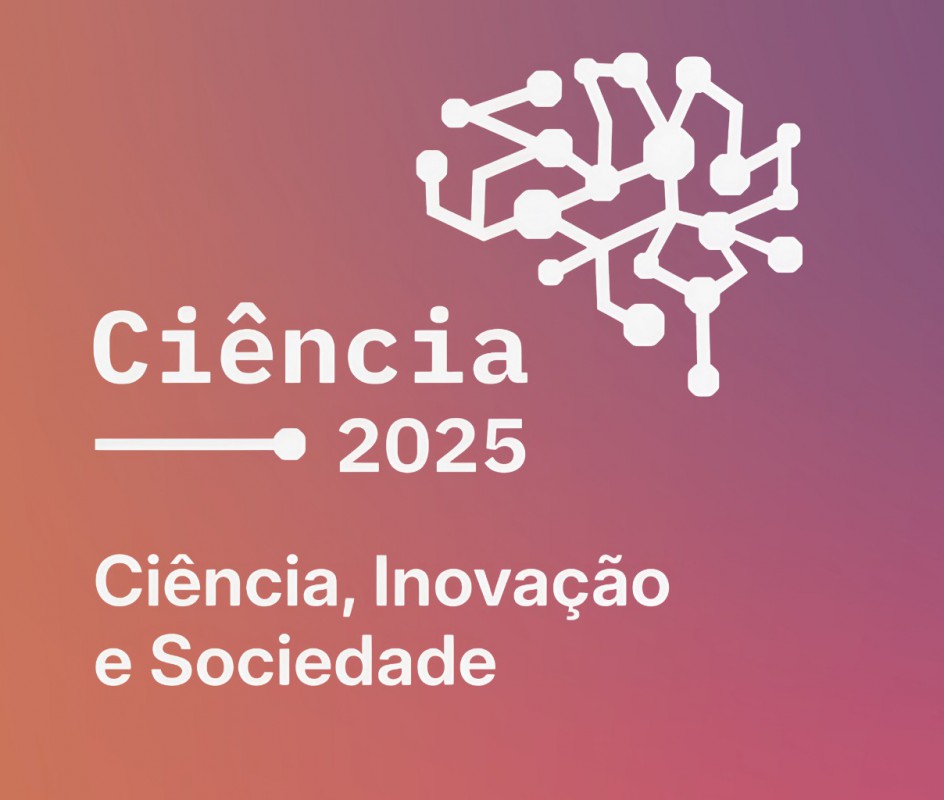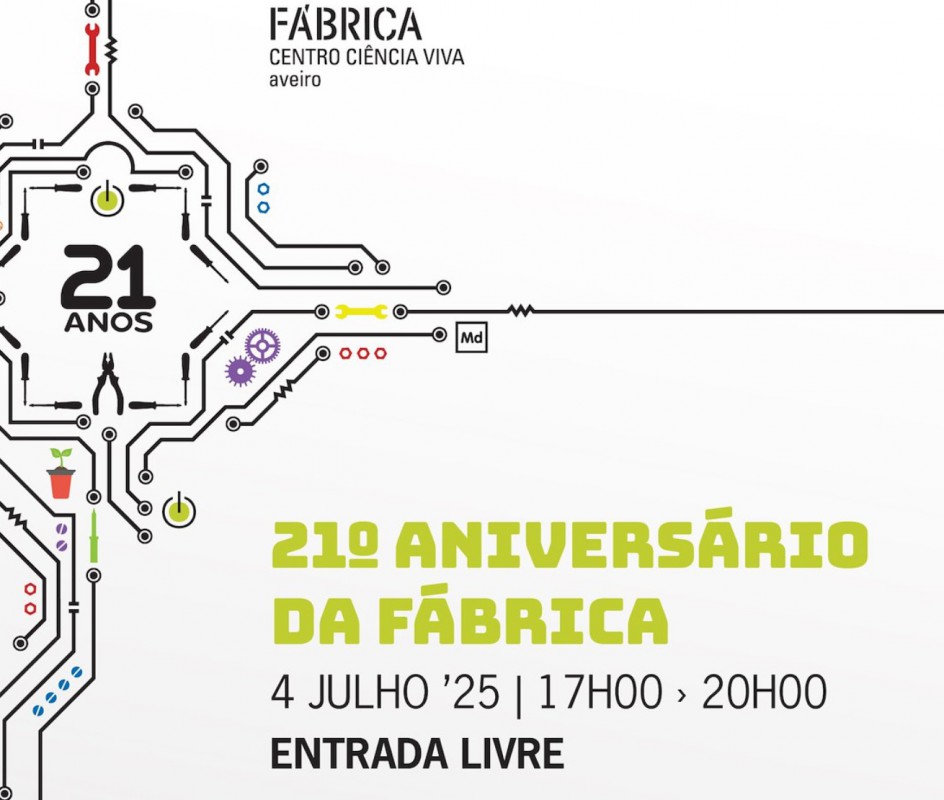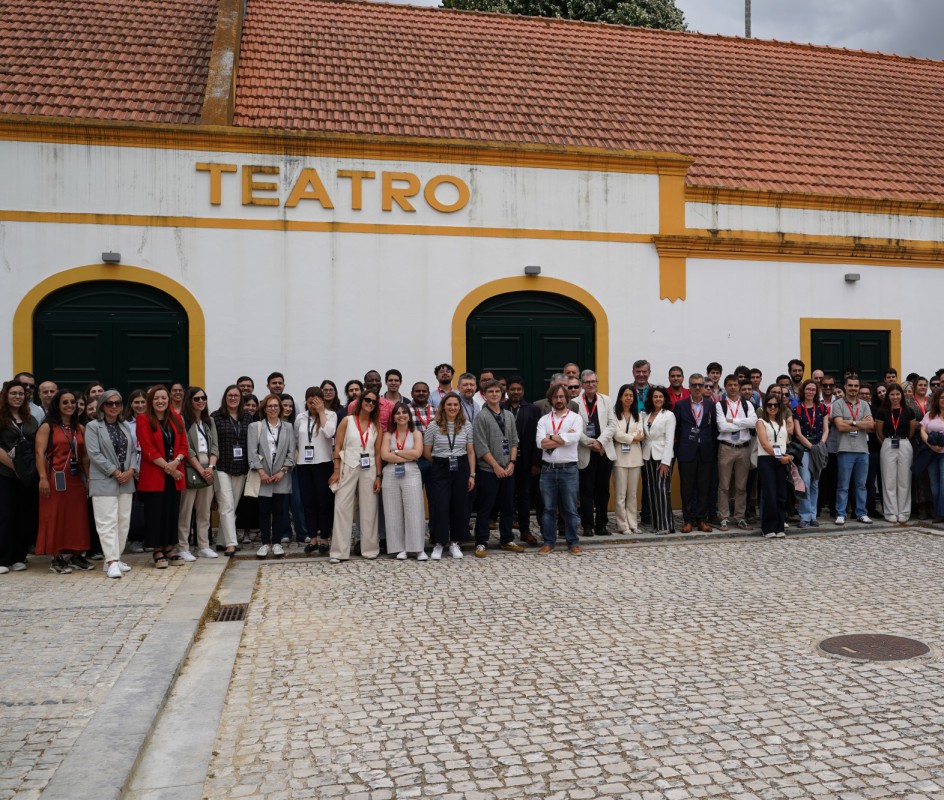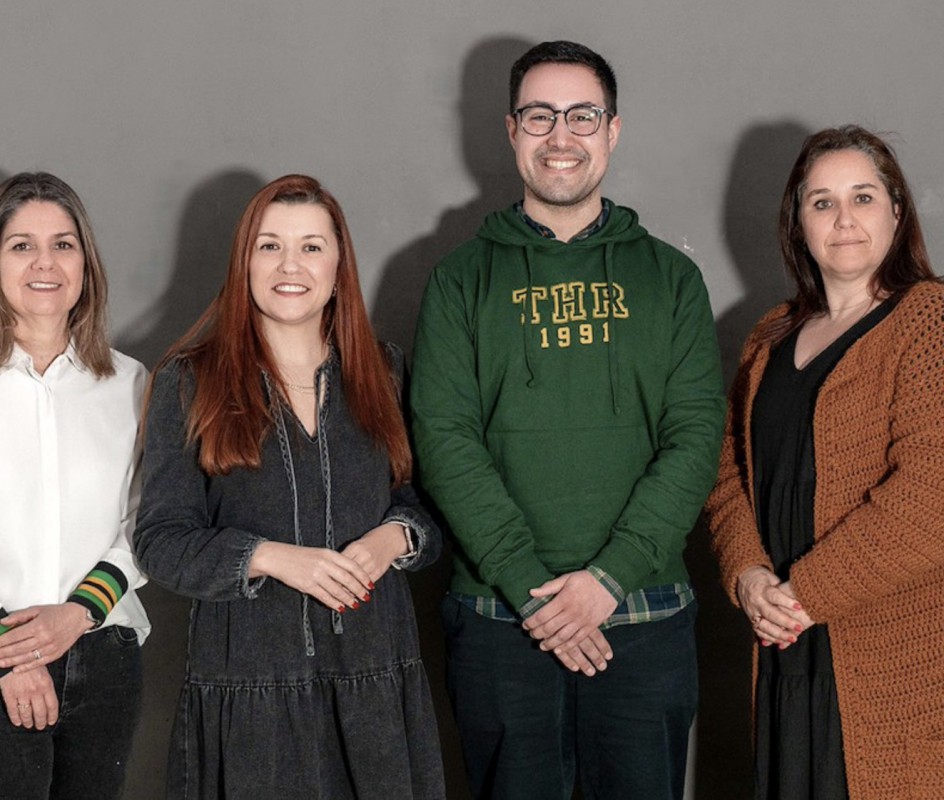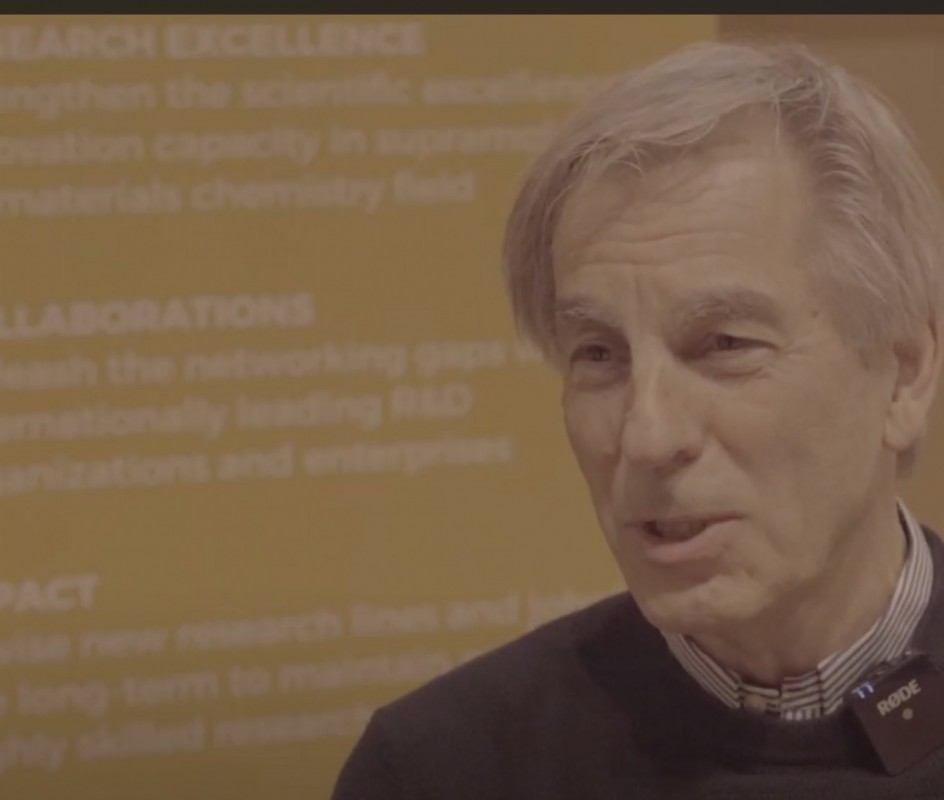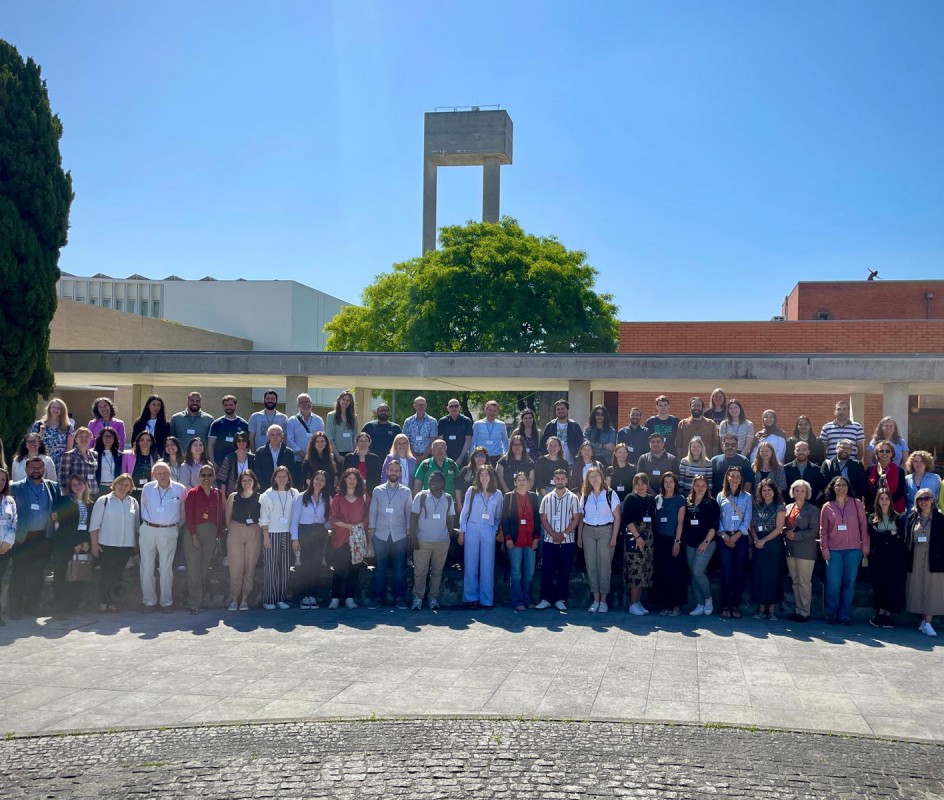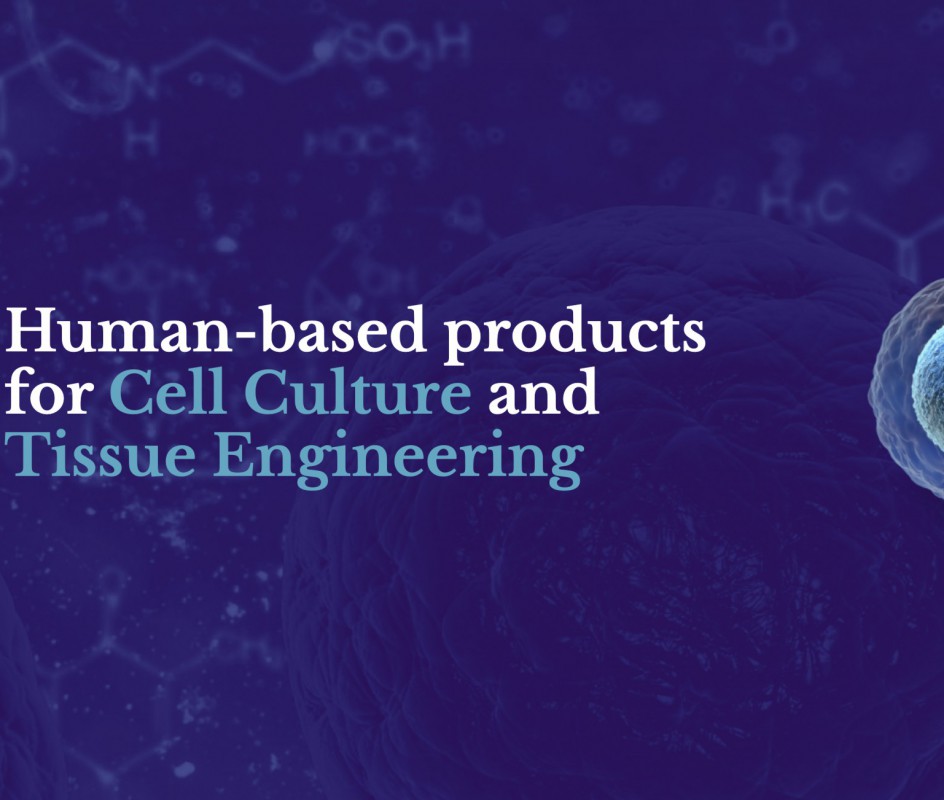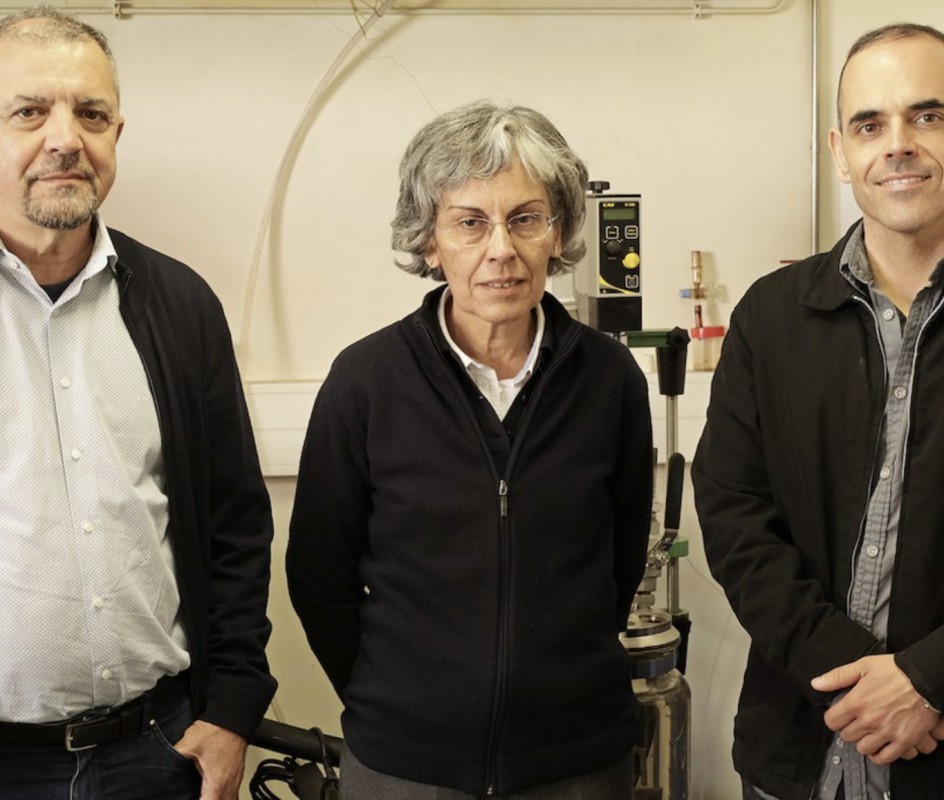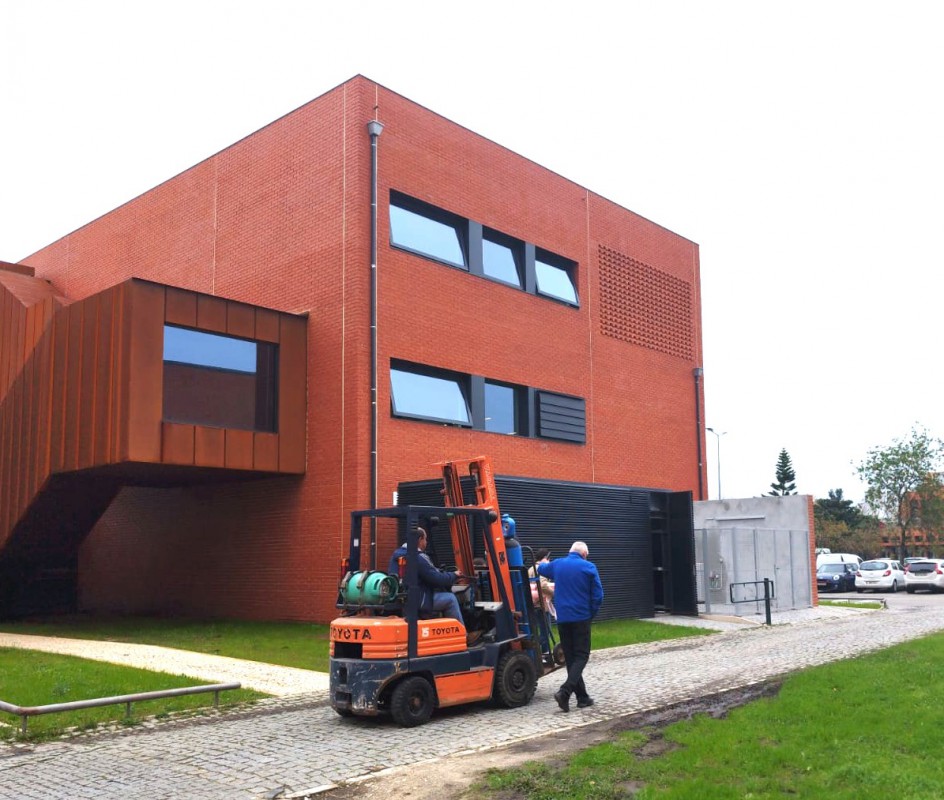
The process of transferring the NMR equipment to the new building began last Tuesday, December 5th. The process is complex and involves not only the transfer of the spectrometers but also various materials and equipment in a set of other procedures that guarantee the compliance and safety of the process. On November 14, for example, the main magnet was deactivated to allow it to be transported and, yesterday, with the help of a team, the doors of the new NMR building opened to receive the installation of different instruments (see more).
The NMR laboratory of the Chemistry Department, University of Aveiro, was created in 1993 with funds from the National Science Foundation (FCT) (programme CIENCIA). The facility was upgraded in 2000, 2007 and 2013 with grants from FCT and the national programme POCI 2010, as well as with funds from the Portuguese Centro Region (‘Programa Operacional Regional do Centro, +CENTRO’, through FEDER).
Aveiro NMR laboratory has pioneered in Portugal the field of solid-state NMR. At present, it is among the best-equipped facilities in Iberia to conduct solid-state NMR studies in the fields of Chemistry and Materials Science. The NMR laboratory encompasses 6 spectrometers, 3 of which are entirely dedicated to the study of solids. Solid-state NMR spectroscopy is essential for the characterization of structure and dynamics at the atomic level. These methods rely on access to sophisticated and costly solid-state NMR equipment that is only available in few national facilities.
The solid-state NMR Center at CICECO / University of Aveiro is now part of an EU funded 4-year project (PANACEA: Pan-European Solid-State NMR Infrastructure for Chemistry-Enabling Access,5 M€), aiming to bring together and integrate seven national infrastructures across Europe and to incorporate one infrastructure in the United States. The goal is to open them to all European researchers, from both academia and industry, providing effective and convenient access to the best research infrastructures in solid-state NMR available worldwide.
The NMR research group within CICECO is one of the seven European research centres involved in PANACEA, enabling access to its state-of-the-art equipment, including the 700 MHz and 400 MHz DNP-NMR spectrometers.
UA is part of the Portuguese NMR network, referenced in the Portuguese roadmap of research infrastructures. The wider Chemical community within Europe will thus have access not only to the high-resolution solid-state NMR equipment available at CICECO, but also to specialised knowledge in the application of such methods in chemistry and materials science provided by dedicated researchers. This project will be coordinated by Mariana Sardo, Luís Mafra and João Rocha.
Related Articles
We use cookies for marketing activities and to offer you a better experience. By clicking “Accept Cookies” you agree with our cookie policy. Read about how we use cookies by clicking "Privacy and Cookie Policy".


